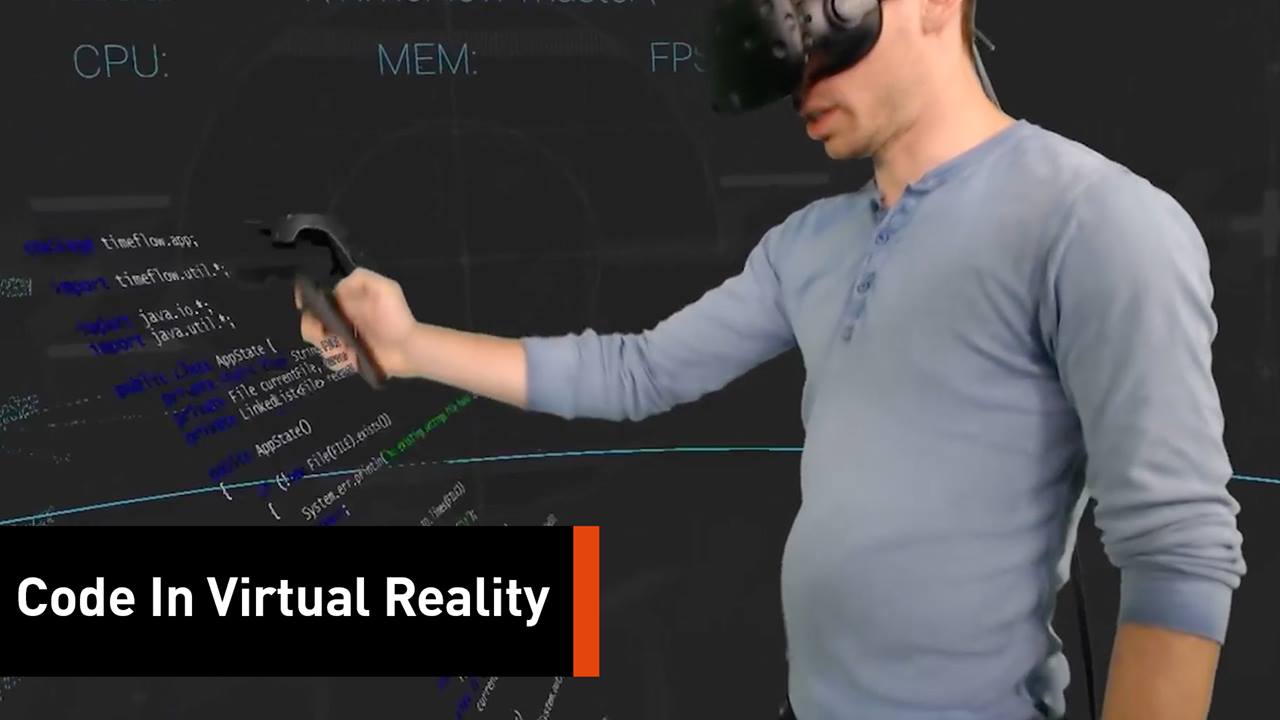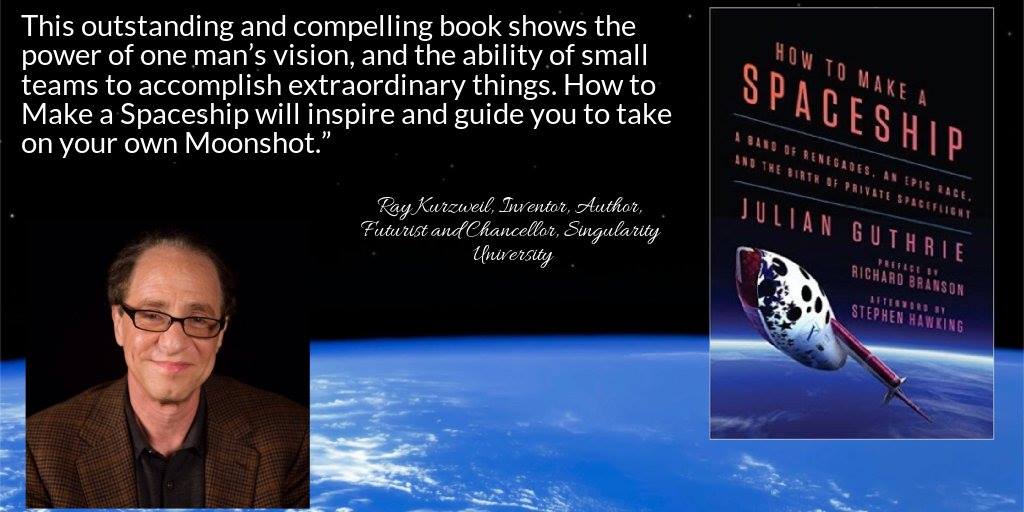Page 10825
Oct 4, 2016
Google WiFi is a router that simplifies whole-home wireless
Posted by Shailesh Prasad in category: internet
Those rumors of Google giving WiFi routers another shot? They’re true. Meet Google WiFi, a router designed entirely in-house… and with a few nice advantages over the OnHub line. Apart from being much smaller (no vase-like design here), its big trick is its ability to create an Eero-style mesh network. You only have to add additional units to your network to improve coverage — there’s a Network Assistant app that makes it easy to add more routers and improve your signal.
Companion software also lets you control the devices linked to the router, such as enabling or disabling their connections. You’ll have to wait until December to get Google WiFi (pre-orders start in November), but the pricing at least hits the sweet spot. Routers cost $129 each, and you can get a three-pack for $299 if you need to blanket your home.
Continue reading “Google WiFi is a router that simplifies whole-home wireless” »
Oct 4, 2016
If you can solve these equations you have the IQ of a Genius!
Posted by Elmar Arunov in category: information science
If you understood in less than 10 seconds, you have the IQ of a Genius! Click share if you understand!
Oct 4, 2016
Transhumanismo Brasil
Posted by Bruno Henrique de Souza in categories: life extension, transhumanism
Pesquisadores da Human Longevity, Inc. Publicou documentos detalhando resultados do sequenciamento profundo de 10.545 genomas humanos.
Documento descreve 150 milhões de variantes raras ou desconhecidas; cerca de 8.500 novas variantes por genoma.
Companhia também anuncia novo motor de pesquisa do genoma, HLI Open Search, para testes beta.
Oct 4, 2016
Evidence for new form of matter-antimatter asymmetry observed
Posted by Andreas Matt in category: particle physics
Oct 4, 2016
Canada’s Carbon Tax Needs To Spread South of the Border — By Jamie Condliffe | MIT Technology Review
Posted by Odette Bohr Dienel in categories: economics, energy, environmental, finance, governance, government
“Nobody likes taxes. So it’s a brave move by Justin Trudeau, Canada’s prime minister, to announce that the entire country must pay if it continues to burn fossil fuels.”
Oct 4, 2016
Programmable T cells chase down cancer, deliver drugs directly to tumors
Posted by Steve Hill in category: biotech/medical
Customised immunotherapy for treating cancer is part of the new generation of biotech solutions to diseases.
UC San Francisco scientists have engineered human immune cells that can precisely locate diseased cells anywhere in the body and execute a wide range of customizable responses, including the delivery of drugs or other therapeutic payloads directly to tumors or other unhealthy tissues. In experiments with mice, these immune cells, called synNotch T cells, efficiently homed in on tumors and released a specialized antibody therapy, eradicating the cancer without attacking normal cells.
As reported in the Sept. 29, 2016, online edition of Cell, in addition to delivering therapeutic agents, synNotch cells can be programmed to kill cancer cells in a variety of other ways. But synNotch cells can also carry out instructions that suppress the immune response, offering the possibility that these cells could be used to treat autoimmune diseases such as type 1 diabetes or to locally suppress immune system rejection of transplanted organs.
Continue reading “Programmable T cells chase down cancer, deliver drugs directly to tumors” »
Oct 4, 2016
How to Make a Spaceship: A Band of Renegades, an Epic Race, and the Birth of Private Spaceflight
Posted by Bruno Henrique de Souza in categories: government, Peter Diamandis, space travel
Alone in a Spartan black cockpit, test pilot Mike Melvill rocketed toward space. He had eighty seconds to exceed the speed of sound and begin the climb to a target no civilian pilot had ever reached. He might not make it back alive. If he did, he would make history as the world’s first commercial astronaut.
The spectacle defied reason, the result of a competition dreamed up by entrepreneur Peter Diamandis, whose vision for a new race to space required small teams to do what only the world’s largest governments had done before.
Peter Diamandis was the son of hardworking immigrants who wanted their science prodigy to make the family proud and become a doctor. But from the age of eight, when he watched Apollo 11 land on the Moon, his singular goal was to get to space. When he realized NASA was winding down manned space flight, Diamandis set out on one of the great entrepreneurial adventure stories of our time. If the government wouldn’t send him to space, he would create a private space flight industry himself.
Oct 4, 2016
Quantum computing: What businesses need to know
Posted by Karen Hurst in categories: business, computing, particle physics, quantum physics
Most people will be familiar with Moore’s Law which states that the number of transistors it’s possible to get on a microprocessor doubles every 18 months. If this holds true it means that some time in the 2020s we’ll be measuring these circuits on an atomic scale.
You might think that that’s where everything comes to a juddering halt. But the next step from this is the creation of quantum computers which use the properties of atoms and molecules to perform processing and memory tasks.
If this all sounds a bit sci-fi, it’s because practical quantum computers are still some way in the future. However, scientists have already succeeded in building basic quantum computers that can perform certain calculations. And when practical quantum computing does arrive it has the potential to bring about a change as great as that delivered by the microchip.
Continue reading “Quantum computing: What businesses need to know” »


















